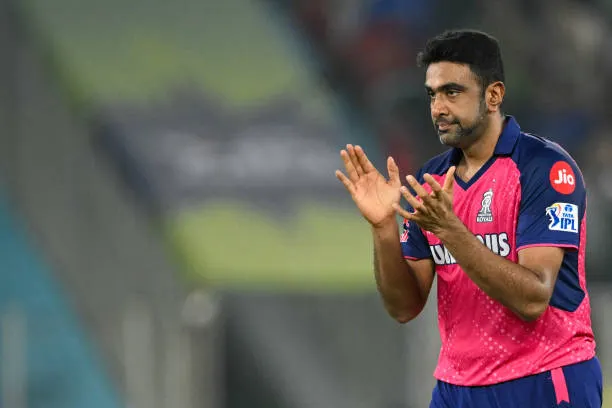
Ravichandran Ashwin, one of the most cerebral cricketers of his generation, has officially retired from the Indian Premier League, marking the end of a remarkable 14-year journey in the world’s most celebrated T20 league. The 38-year-old leaves behind a stellar record of 187 wickets in 221 matches, making him the fifth-highest wicket-taker in IPL history. His economy rate of just over seven runs per over in a format dominated by power-hitters speaks volumes about his consistency and control.
Ashwin’s IPL story began with the Chennai Super Kings, where he made an immediate impact with his variations and fearless mindset against big names. His breakthrough performances under MS Dhoni’s leadership earned him recognition as a tactical bowler who could dismantle batting orders in the powerplay and choke runs in the middle overs. Over the years, he played for several franchises, including Rising Pune Supergiant, Kings XI Punjab, Delhi Capitals, and Rajasthan Royals, before finally returning to CSK. Each stint added layers to his reputation—not just as a bowler, but as a thinker of the game.
Beyond the numbers, Ashwin’s influence in the IPL was rooted in innovation. He was never afraid to challenge convention, whether through his carrom ball, unique field settings, or the much-debated run-out at the non-striker’s end—popularly known as the “Mankad”—which sparked global conversations about the spirit of cricket versus the letter of the law. His boldness divided opinion, but it also reinforced the fact that Ashwin played the game on his terms.
The timing of his retirement has raised questions. While officially framed as a natural progression after his international retirement last year, there are whispers of disagreements with CSK over player acquisitions in the auction. Regardless of the behind-the-scenes drama, Ashwin’s decision signals a shift in priorities. He has openly stated his intention to explore opportunities in overseas leagues, now that BCCI restrictions no longer apply. For a player driven by curiosity and competition, this next chapter promises to be fascinating.
Fittingly, Ashwin’s last IPL wicket carried poetic weight. He dismissed 14-year-old Vaibhav Suryavanshi—a prodigy seen as part of cricket’s future. In that moment, one generation handed over the baton to the next. For fans, it was a reminder of the cycle of the game: legends depart, but their influence echoes in the approach of those who follow.
Ashwin’s IPL career will be remembered not just for its numbers, but for its cerebral artistry. In a tournament dominated by raw power and towering sixes, he proved that guile and strategy could still win battles. His retirement closes a significant chapter in the IPL’s history, but for Ashwin, this is not the end—just a new stage in a career defined by reinvention. The IPL will move on, but the league will feel a little less intellectual without him.
12BET Shortlisted for Sportsbook Operator of the Year at SBC Awards 2025

